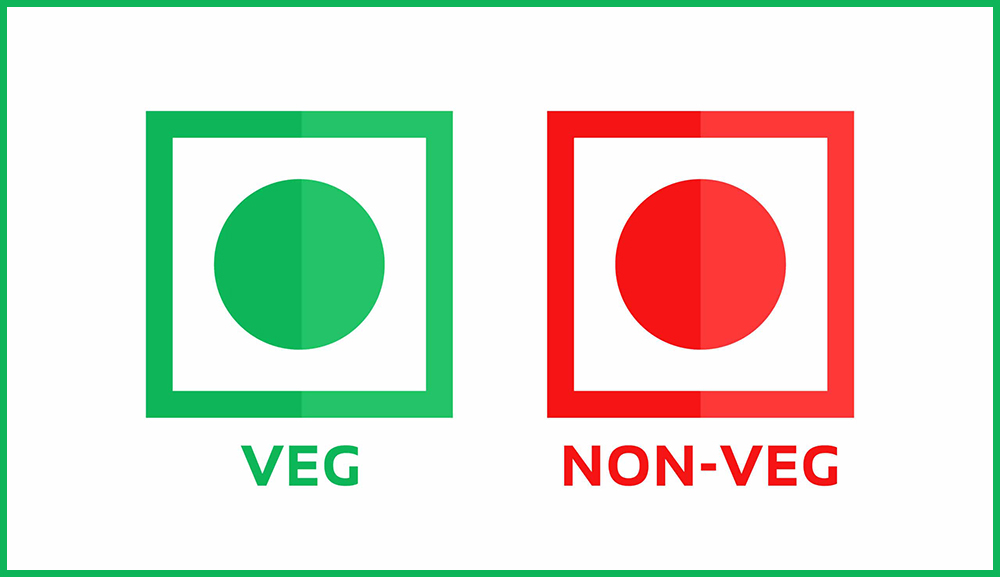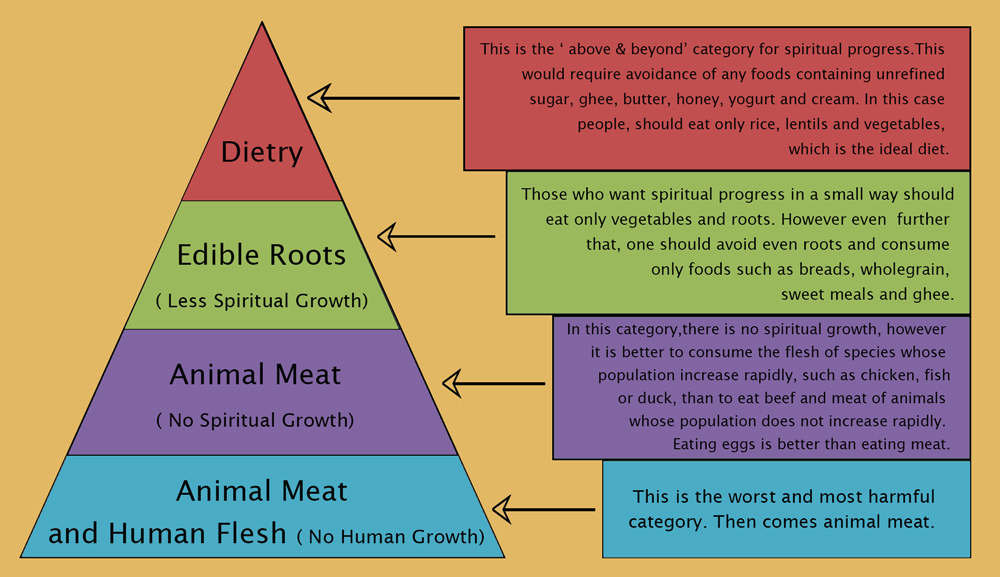Having to live in places all over the world, it can sometimes be tough to adjust to the communities you are surrounded by while at the same time, trying to strongly hold onto your core beliefs. With this said, there are people that stand strong and do not succumb to the societal pressures that may prevent them from following their way of life. A great example of one of these beliefs is the concept of ‘vegetarianism’. Many of us are faced with the constant struggles of living in areas that may not be as vegetarian friendly as others, going to events that may contain non-vegetarian ingredients in the food, and most of all, facing situations where it may be easier to just ‘eat the dessert with the eggs’ rather than take the time to say ‘no thank you’ and explain yourself. In addition, every now and then, the will power to bypass cravings for delicious appearing items, containing ingredients one would like to avoid, is lacking. With this wavering mentality, the very concept of true vegetarianism is slowly shedding. Unfortunately, in this time period of Kaliyug (current era of the time cycle characterized by lack of unity in thought, speech & action), what we think, we don’t say; and what we say, we don’t do. Although many of us say “we’re vegetarian”, this significant practice is much deeper than it may seem. By finding answers to the questions such as “What are the effects of eating meat?” or “Are eggs vegetarian?” or “How can Ahimsa be practiced?” it may help sustaining vegetarianism, whole and sole!
What is Vegetarianism?
Vegetarianism is the act of refraining from the consumption of meat products, which come down to the flesh of any animals. This also includes abstaining from any animal-derived products, such as rennet (animal enzymes sometimes used in the production of cheese) and gelatin (a mix of animal by-products often used in the production of gummy foods). The earliest records of vegetarianism come from India as the practice of non-violence, performed by many Gods, Goddesses, saints, religious groups, philosophers, and people of the land, is in the roots of the country. Till this day, India takes care in placing signs on all their packaged foods that distinguishes it from being vegetarian or non-vegetarian. This, unlike other foreign countries, makes it easy for people to be safe while consuming store bought products. What a brilliant idea!

Benefits of Vegetarianism
Health-wise, there are an exorbitant amount of benefits of following a strict vegetarian diet. Take a look at a few:
1) Fewer Diseases – no animal fat
2) Lower Weight – less calorie intake
3) Live Longer – increase life span
4) Fewer Food-Borne Illness
5) More Energy – nutrients & veggies
6) Less Waste – animal-waste runoff
7) Save Money – meat is expensive
8) Ahimsa! – Saving lives by sparing animals is practicing non-violence (Although all these benefits can vary with every individual, this is a general outline.)
“From Now On, Your Deep Inner Intent And Prayer Should Be To Promote Non-Violence Towards Helpless Animals And To Spread This Belief As Much As You Can. If A Person’s Religious Belief Allows Him To Eat Meat, While Yours Does Not, There Should Not Be Any Friction Or Conflict Over The Issue. With Such Intent From Within, Your Prayers Will Produce A Non-Violent Society. This Intent Should Remain Within You Day And Night.” - Pujya Dadashri
A Live Example of Ahimsa
Many have heard of the Gnani Param Krupaludev or Shrimad Rajchandraji. Being Tirthankar Mahavir Swami’s follower in the Kramic path, Shrimad Rajchandra was not only known for his practices on Ahimsa, but was also Mahatma Gandhiji’s spiritual guru. As we all know, Gandhiji won India’s Independence through this very preaching and Shrimad Rajchandra was a nimit (instrument) in this victory. Attaining Self-Realization at a young age, Shrimad Rajchandra had mastered the five vows of Non-violence, Sincerity, Honesty, Chastity, and Non-attachment to worldly materials.
The depth of ahimsa that emitted from Shrimadji was amazing. As a young child, while helping out his mother cut vegetables, his heart cried, as tears rolled down his cheeks, due to the immense amount of compassion he had. Also, while in Mumbai, he had heard about a sacrificial offering that was planned in light of the festival of Dashera. One hundred and eight buffalos were to be slaughtered during his event, and upon hearing this news, he immediately took steps to prevent this occurrence. Gathering people and voicing his objections against the acts of such cruelty to animals, he gave insight to the misinterpretations of the Vedas, in which these unholy practices were not truly advocated. Working extreme hours and protesting fiercely to ensure this event would not occur, he finally succeeded! His attempts to spread the knowledge of Ahimsa were especially appreciated later.
Going Above & Beyond
Along with vegetarianism, there are people that go above and beyond to secure their spiritual growth! In addition to avoiding meat and eggs, those who avoid all animal products, such as milk, butter, cheese, ghee etc. are referred to as ‘vegans’. Veganism is growing at a fast pace as people are beginning to realize its benefits and ethical standpoint. Nowadays, there are a vast number of vegan restaurants, recipes, store products and organizations that provide support. Although a wonderful practice, do not worry if you are not following it as there is a scientific explanation behind it. Unlike meat, dairy has not been restricted by the Lords. The Lord had forbidden some people to eat butter, but that was for specific people and for different reasons. As long as you do not overindulge, dairy has not been forbidden to consume. However, with this said, Dada has provided wonderful spiritual progress stepping stones by explaining the categories of food, set from most harmful (bottom) to least harmful (top).

Foods are categorized in this manner and anyone can choose the category of their preference. The descriptions of the different categories are given to enhance one’s knowledge and not for the purpose of enforcement. The Lord had made these distinctions to break the veils of ignorance obscuring the Soul. Thus, there is no ‘right’ or ‘wrong’ to consuming different types of food, but looking through the various layers them, it’s fascinating to find out that everything MATTERS. Everything one consumes has an effect on them.
In addition, people actually have the tendency of becoming like the food they consume. The prakruti (the innate nature of one's being) of a person can alter by eating different foods. For example, those who eat meat can be more animalistic in nature than those who do not. Also, those who eat onions and garlic on a regular basis tend to get angry faster and have increased sexual desires. This is why people following bhramacharya (celibacy) tend to avoid certain foods that may cause these emotions. Overall, the science behind vegetarianism and ahimsa is much deeper than one may perceive!